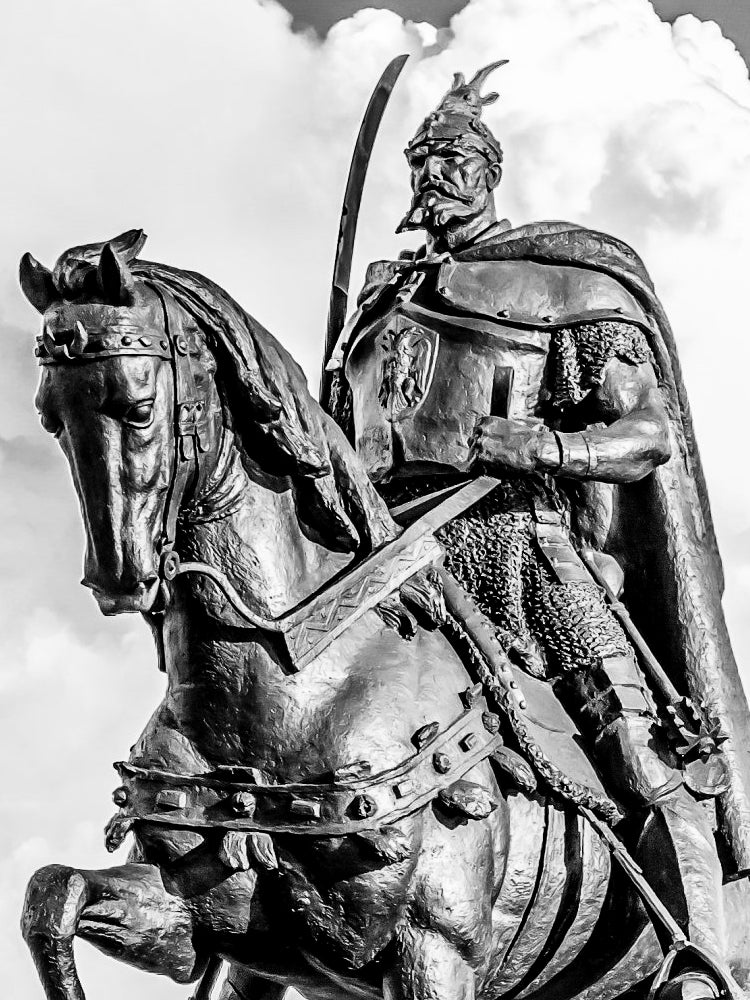Albanian heritage
Albanian Culture & History
Albania is a country in Southeast Europe with a rich cultural and historical heritage.
The Albanian culture has been influenced by various civilizations over the centuries, including the ancient Illyrians, Greeks, Romans, Byzantines, Ottomans, and the Communist regime of Enver Hoxha.
The Albanian language is a unique Indo-European language, and the Albanians have a strong sense of national identity and pride in their language and culture.
The country has a diverse cultural heritage, with a mix of traditional and modern influences. Albanian folk music, dance, and costumes are an integral part of the culture and can vary significantly from one region to another.
Albania’s history dates back to the Illyrian period, and the country has seen many changes in power and rulers over the centuries.
The Ottoman Empire ruled Albania for more than 500 years, leaving a significant mark on the country’s architecture, language, and traditions.
During World War II, Albania was occupied by Italy and later by Germany. After the war, Albania became a Communist state under the leadership of Enver Hoxha, who ruled the country with an iron fist until his death in 1985.
In the early 1990s, Albania transitioned to a multiparty democracy, and the country has made significant progress in modernizing its economy and infrastructure.
Today, Albania is known for its beautiful coastline, stunning mountain landscapes, rich history and culture, and warm hospitality of its people.
Albanians are proud of their cultural heritage and celebrate it through various festivals and traditions throughout the year.
Albanian heritage is a rich and diverse cultural tapestry, shaped by a long and complex history of migration, conquest, and exchange. Here are some examples of Albanian heritage:
Language: The Albanian language is one of the oldest and most distinctive languages in Europe, with roots in the Illyrian and Thracian languages of ancient times. Albanian is the official language of Albania and Kosovo, and it is also spoken by Albanian communities in neighboring countries and around the world.
Music and Dance: Albanian traditional music and dance are an integral part of the country’s cultural heritage, and they reflect the diversity and richness of Albanian regional and ethnic identities. Albanian music and dance feature a variety of instruments, rhythms, and styles, ranging from the lively and energetic dances of the south to the melodic and lyrical songs of the north.
Folklore and Legends: Albanian folklore and legends are a treasure trove of myths, legends, and stories that have been passed down through generations of Albanians. These tales often feature colorful characters, heroic deeds, and moral lessons, and they offer a glimpse into the beliefs, values, and traditions of Albanian culture.
Cuisine: Albanian cuisine is a delicious and diverse fusion of Mediterranean and Balkan flavors, featuring a variety of fresh ingredients, herbs, and spices. Albanian dishes often feature meat, fish, vegetables, and dairy products, and they range from simple and hearty stews to complex and flavorful pastries and desserts.
Art and Architecture: Albanian art and architecture reflect the country’s long and complex history of cultural exchange and innovation. Albanian art features a wide range of styles, from traditional folk art to contemporary painting and sculpture. Albanian architecture, meanwhile, features a mix of Ottoman, Byzantine, and Italian influences, and it is known for its colorful and ornate facades, elegant courtyards, and intricate designs.
Overall, Albanian heritage is a fascinating and multifaceted cultural tapestry, which reflects the country’s rich history, diverse identity, and enduring spirit of creativity and innovation.

“SOME OF THE MOST IMPORTANT FIGURES IN ALBANIAN HISTORY.”
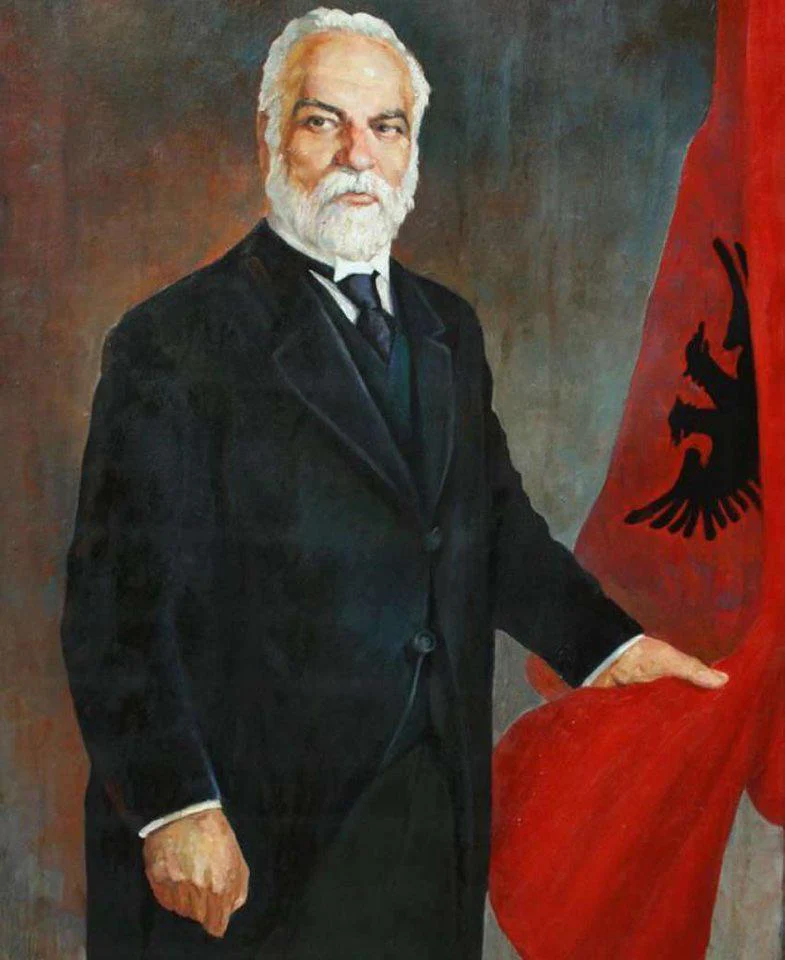
Ismail Qemali
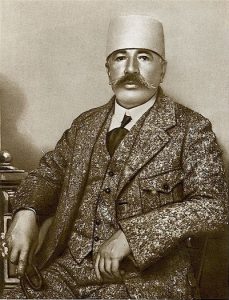
Bajram Curri
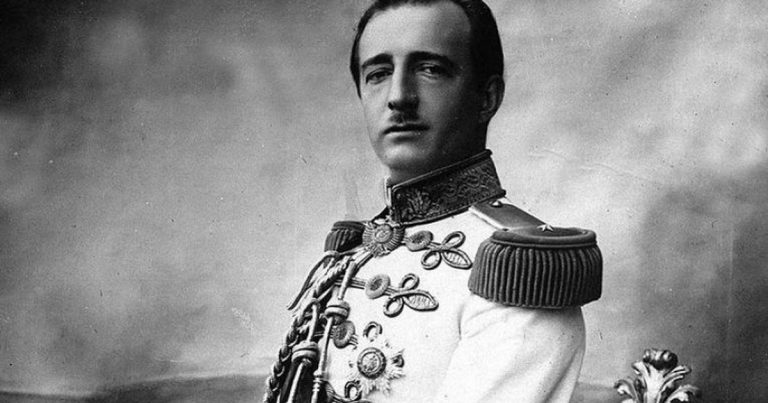
Ahmet Zog, King Zog
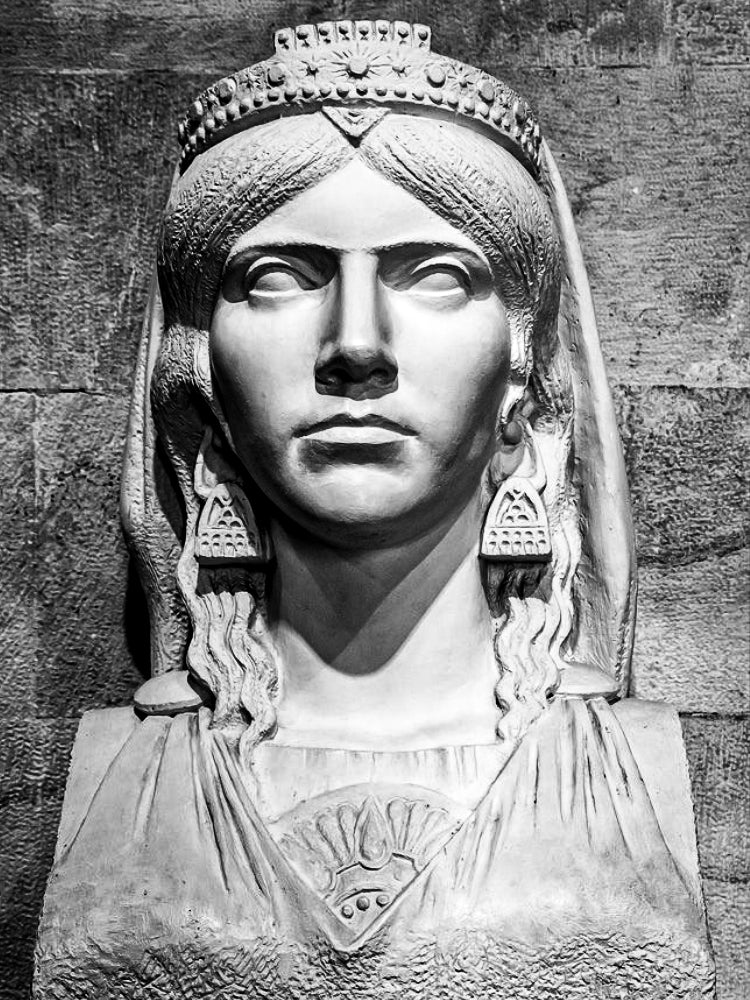
TEUTA, THE MOST POWERFUL QUEEN OF ANTIQUITY
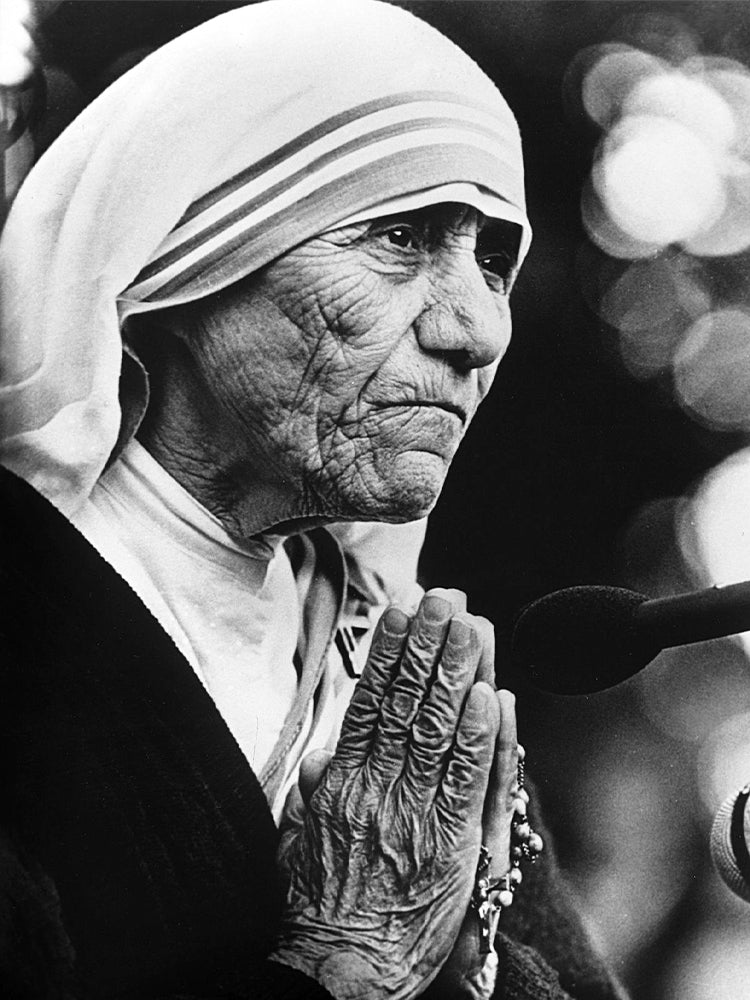
MOTHER TERESA
